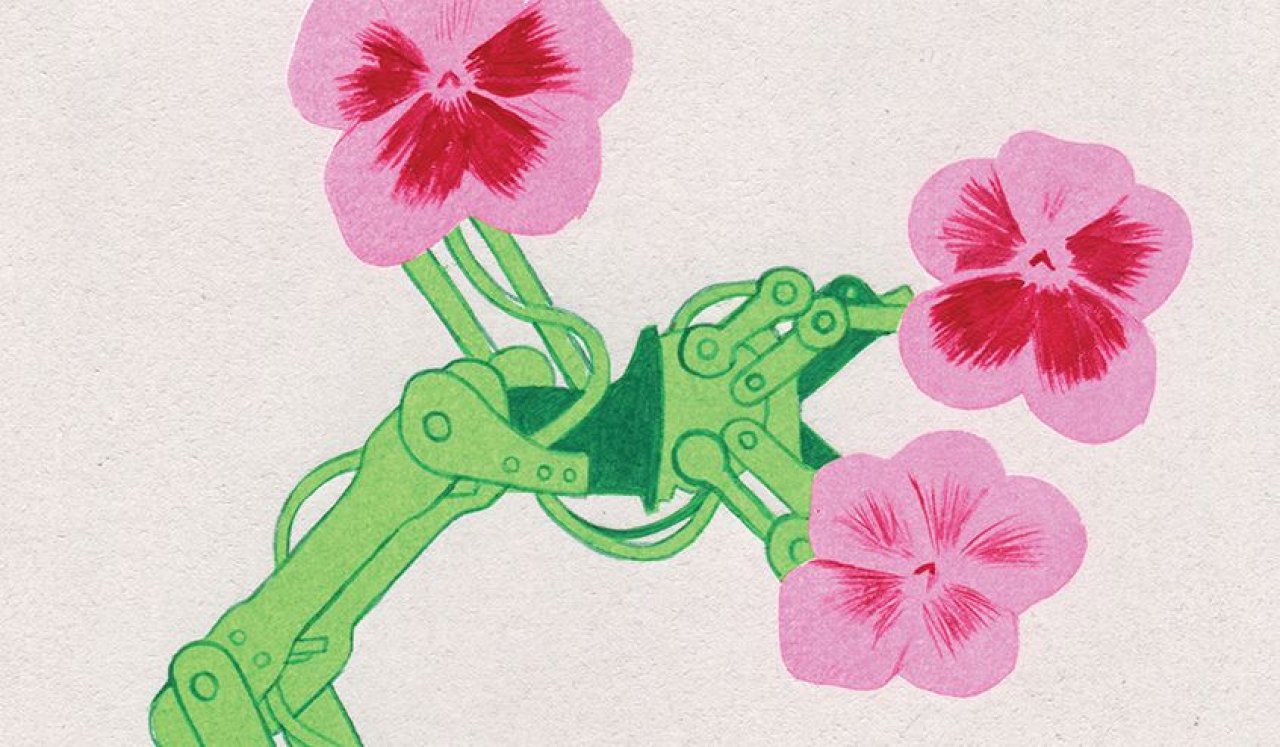Plants are ready to move past their traditional status as air-cleaning adornments. With their ability to survive in varying climates and temperatures, repair their own material and leave no carbon footprint, living plants are an untapped resource, ripe for what MIT scientist Michael Strano calls "plant nanobionics"—the insertion of tiny nanomaterials into plants to give them unnatural abilities. Strano's research team most recently placed tiny carbon nanotubes (tiny, cylindrical materials) inside the leaves of a small plant called the Arabidopsis thaliana and boosted its natural ability to convert light into energy through photosynthesis; the altered plant absorbed 30 percent more light than regular plants. The nanotubes acted like antennae to help the plant pick up waves of light it normally wouldn't, like ultraviolet, green and near-infrared light.
Other bionic plants were given entirely new powers, like the ability to detect traces of pollutants in the air. When the carbon nanotubes inside the plants sensed the presence of nitric oxide, the tube dimmed its fluorescent glow—a change that's subtly visible when you look at the plant's leaves. These experiments could pave the way for biotechnologies that people might actually use every day—like plants that are also carbon monoxide sensors, or plants that emit light on command, like lamps.
The goal is to find ways to replace electronics with plant-based materials. "Plant materials are economical, have aesthetic appeal and conserve energy," says Strano. Imagine, for example, trees that are curbside cell phone towers: real, living things (that could, Strano says, "last as long as a great oak") and not the fake monstrosities that blight our vistas today.
That's just what we can dream up today. Strano points out that if engineers start working more regularly with nanoparticles in plants, they could open up all sorts of hereto unimagined advances. "When we look back on it, we're going to wonder why we ignored plants for so long."



















